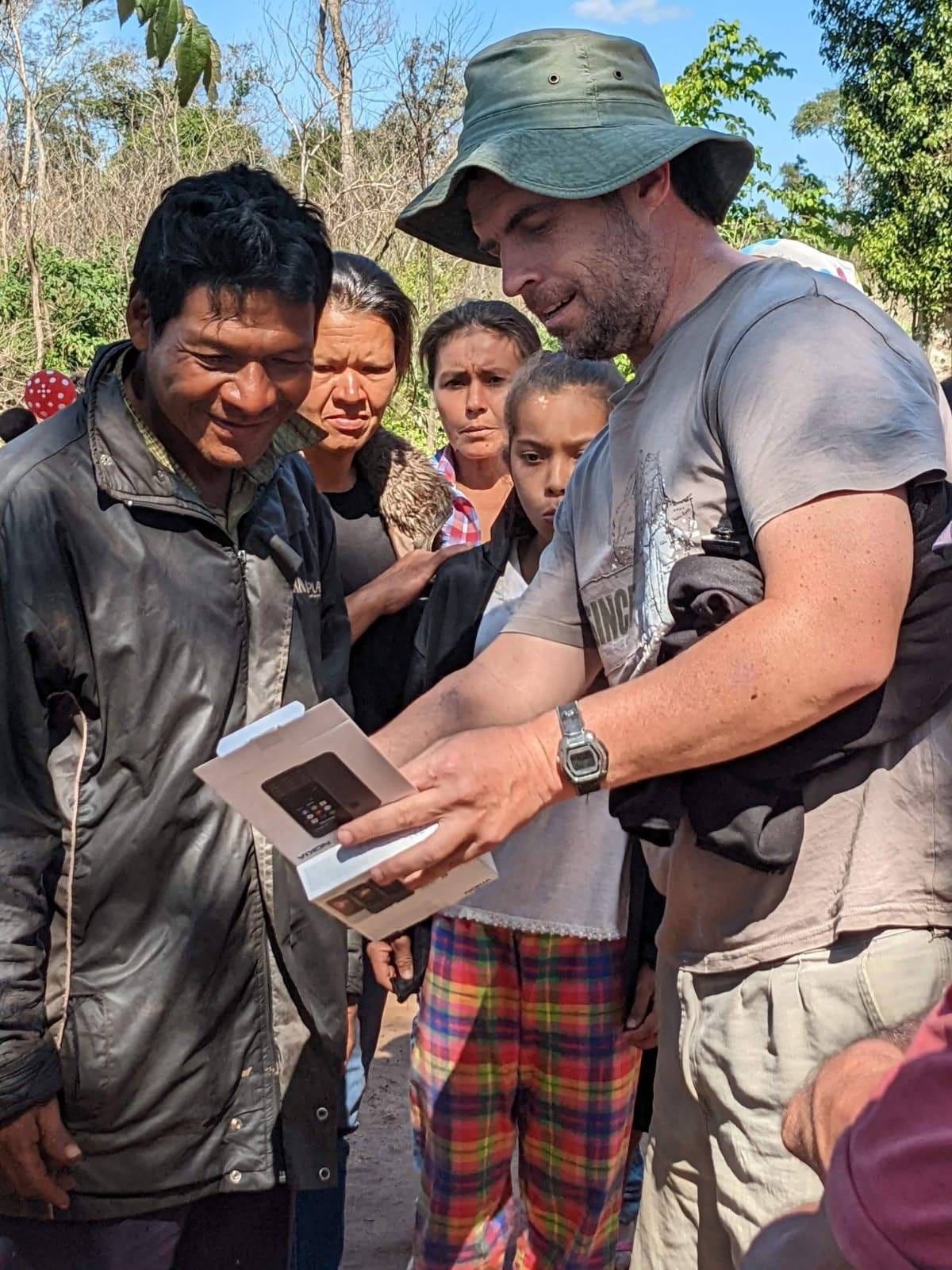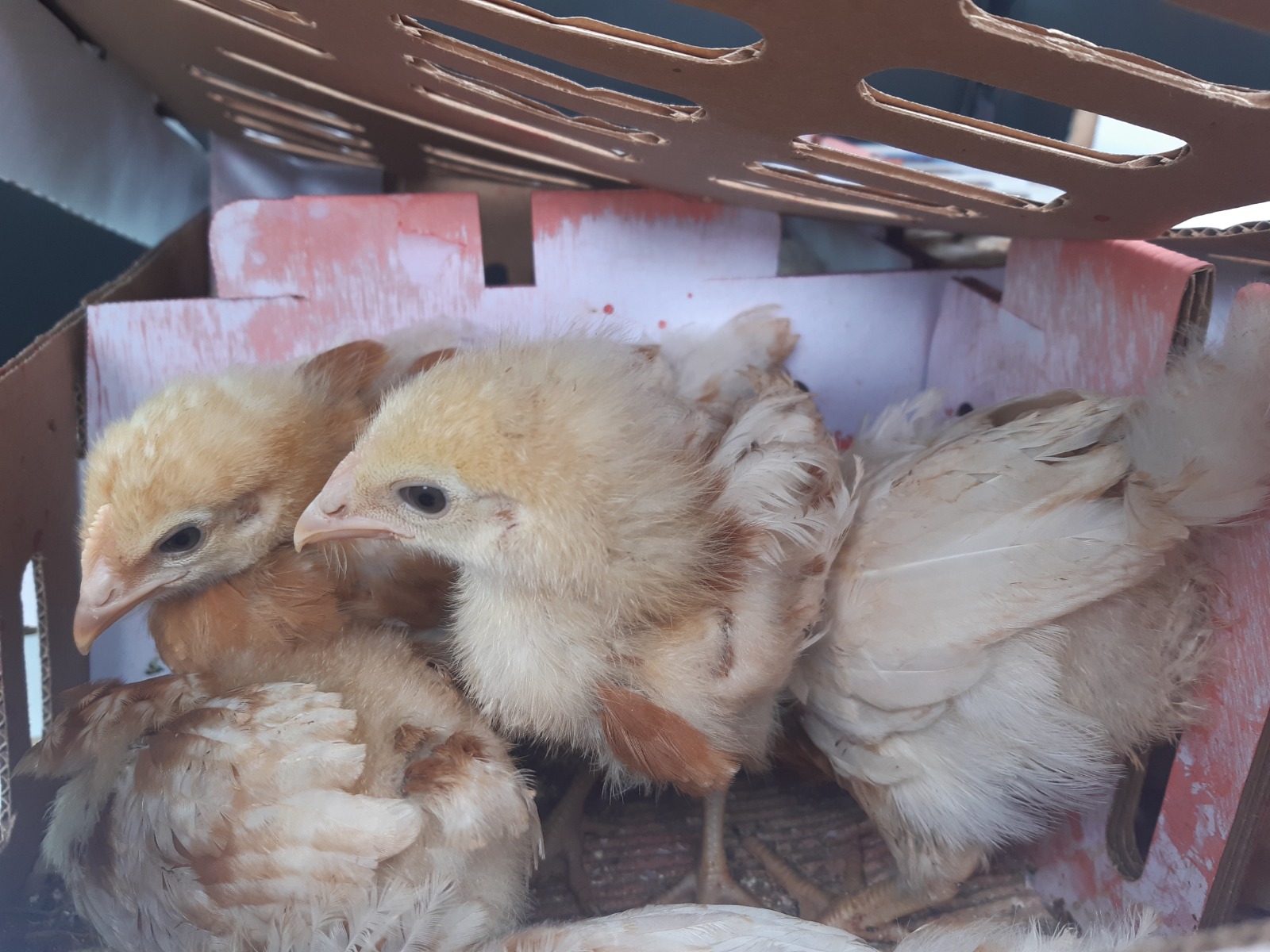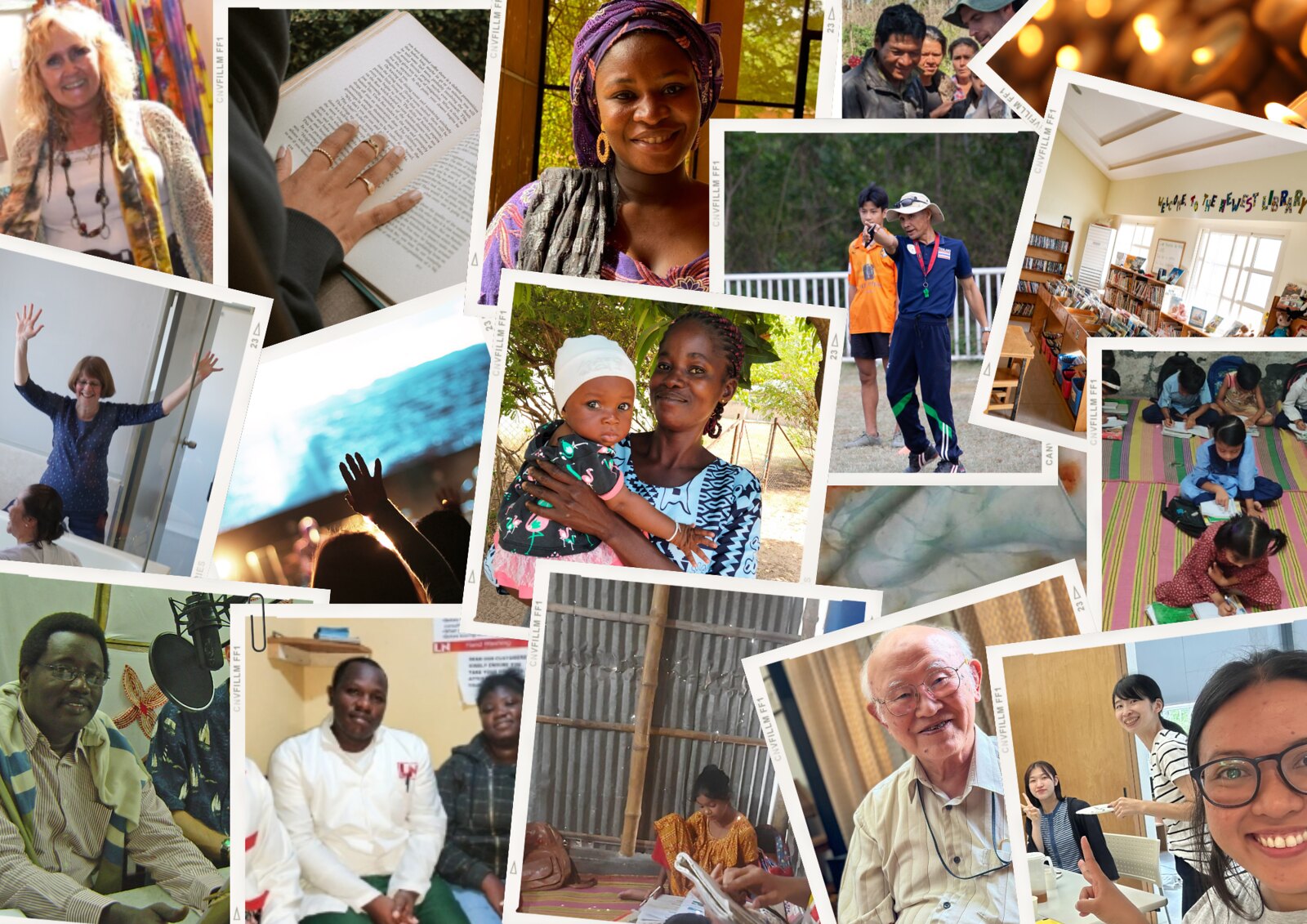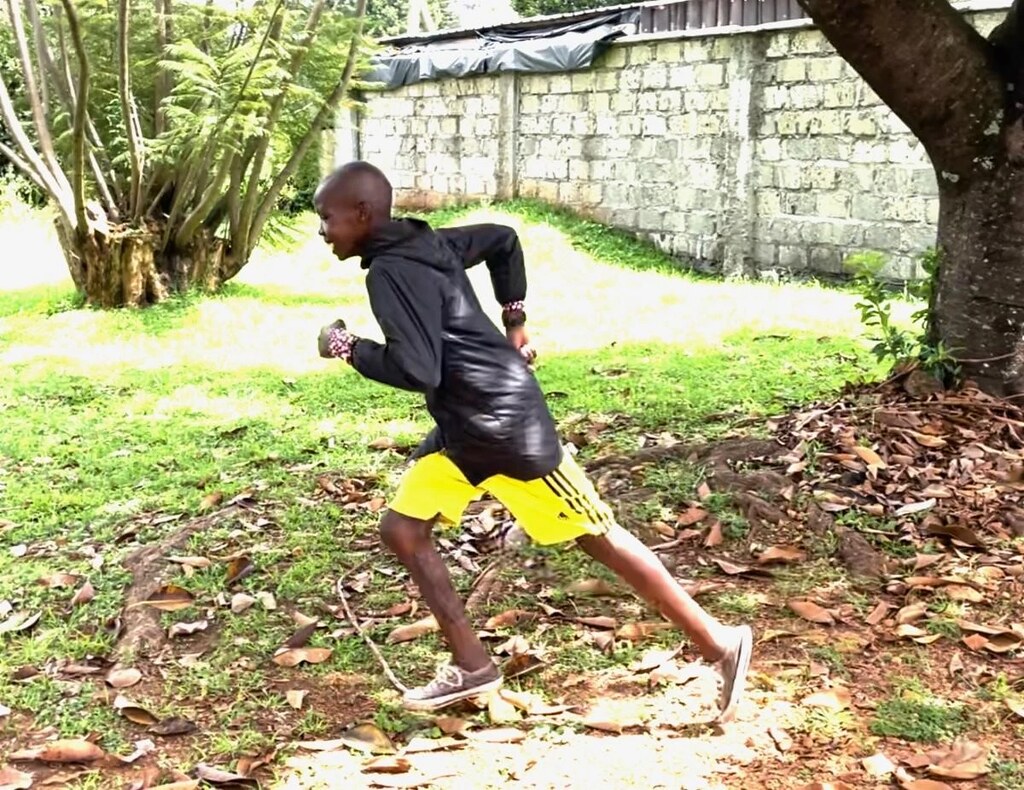Nourishing Hope: Tackling Food Insecurity and Human Trafficking in Rural Paraguay
By Christy Mast | Paraguay in South America
 Greg giving a device with an audio Bible to a local pastor.
Greg giving a device with an audio Bible to a local pastor.
On the outskirts of rural Paraguay, SIM workers Greg and Yvonne Cameron are spearheading an innovative programme that improves nutrition and aims to prevent human trafficking among indigenous communities. Since 2007, the Camerons have dedicated their lives to church planting in this South American nation, but since late 2020 they have been focusing on First Nations groups.
Yvonne, with her background in nutrition, quickly noticed a pressing issue. She explains, "as we began to partner with indigenous pastors and actually start going into these communities ourselves, the thing that stood out to me was the amount of malnutrition that I saw amongst children there that I don't see as prevalent in the rest of the population in Paraguay".
This observation sparked a mission to address not only immediate nutritional needs but also the underlying issues threatening these communities. The Camerons developed a pilot project, with the support of For Freedom, the anti-trafficking and exploitation ministry of SIM International. Their project focuses on sustainable development through the distribution of egg-laying hens and fruit trees.
Yvonne notes, "we discovered in talking to [local people] and just observing that they have a lot of skill in raising animals and in looking after gardens…they just lacked the financial resources to actually be able to purchase these things for themselves."
 Chicks from the project.
Chicks from the project.
Launched in May 2023, the project distributed 100 chicks and 140 fruit tree saplings across five communities. The initiative has already shown promising results, with the hens now laying eggs and the fruit trees growing steadily. Encouraged by this success, Yvonne and Greg are looking to expand the programme to even more communities.
The Camerons aren't working alone. "We decided to entrust it to the local pastors and just see what they did," Yvonne shares. "It was incredibly encouraging to see how they built shelters [for the chicks] out of the materials that they had."
The project's ambitions extend beyond nutrition. By providing a means of generating small incomes and raising awareness about the dangers of trafficking, the programme works to reduce vulnerability and build community resilience.
Yvonne also explains, “We can't just be bringing the gospel without addressing the very deep social needs that are there, nor do we want only to address social needs and forget that there's an extremely necessary spiritual component that we need to bring, which is the Gospel of Christ.”
One key local pastor, meets with about 50 indigenous pastors a couple of times per week, and Greg joins with him to facilitate outreach and discipleship.
During visits, the Camerons and local pastors share simple meals and invite people to participate in Bible studies. Many local leaders have been gifted simple devices with audio Bibles to share the gospel message.
These recordings in the local Guarani dialect are particularly impactful, as it's rare for indigenous people to hear content in their native language.
However, challenges remain. Reaching rural locations for delivery and follow-up presents logistical difficulties due to high transport costs. The programme must also navigate the complexities of raising chicks in areas with extreme temperatures and predators. Providing education about human trafficking also requires extensive relationship-building to broach sensitive topics associated with deep shame for many.
Despite these obstacles, the potential impact is significant. With many dozens of isolated indigenous communities in the area, the Camerons have a goal to roll out the project to even more communities. By combining nutritional support, economic opportunity, and community empowerment, along with evangelism and discipleship, their programme offers a blueprint for sustainable development in vulnerable indigenous communities.
As eggs are collected and fruit trees take root, hope grows in these Paraguayan villages. Children and youth who are currently malnourished and at risk of exploitation can instead have energy to play and learn, protected by families that are increasingly able to safely and successfully interact with encroaching urbanisation.
- Will you pray with us that this initiative will nourish bodies, minds, and spirits across rural Paraguay for years to come?
- Praise for recent baptisms and pray for First Nations pastors as they take the Gospel beyond their villages and instruct new believers in the Word of God.
- Pray for God’s protection as the Camerons partner with First Nations believers and travel quite far on sometimes precarious roads.
- Pray for sustainable development in these communities, especially that the next phase of fruit tree and hen distribution will indeed add to their future food resources.
Related stories

In Carrie’s classroom, Jesus is shaping hearts and minds for his kingdom
When mission workers with young families leave their home country, a major concern is how their children will get on. While the parents are out serving, the kids need stability, education, and spiritual nurturing. That’s where teachers like Carrie come in. Originally from Kansas, Carrie now teaches at a mission school in Liberia, part of Dakar Academy in Senegal, shaping young hearts and minds for God’s kingdom.

What might God do in 2025?
As we step into 2025, there is a sense of excitement and expectancy among those serving in mission work worldwide. From remote villages to bustling cities, SIM’s Entity Directors are preparing for what lies ahead, trusting God to bring transformation and hope to unreached and underserved communities. To gain insight into their vision and prayers for the year, we spoke with leaders across the globe about their hopes, challenges, and how the global Christian community can pray and support their work.

How the local church in France adapts to secularism and a changing society
France is a country of contrasts: rich in history, arts, and culture. Yet, as French native Vincent, Head of Communications for SIM France/Belgium, explains, it is also a nation of deep spiritual need. Things are starting to change, though. There is a growing openness to faith and a pressing need for mission work.

